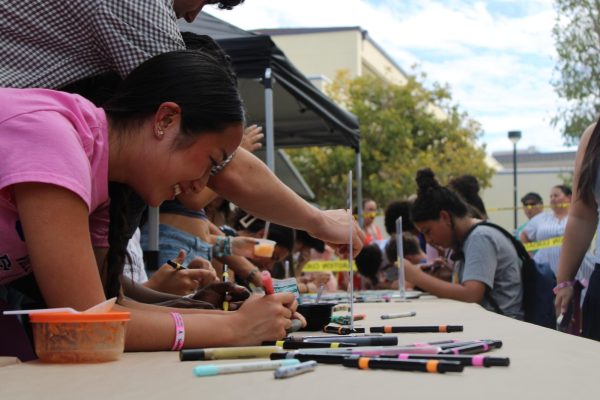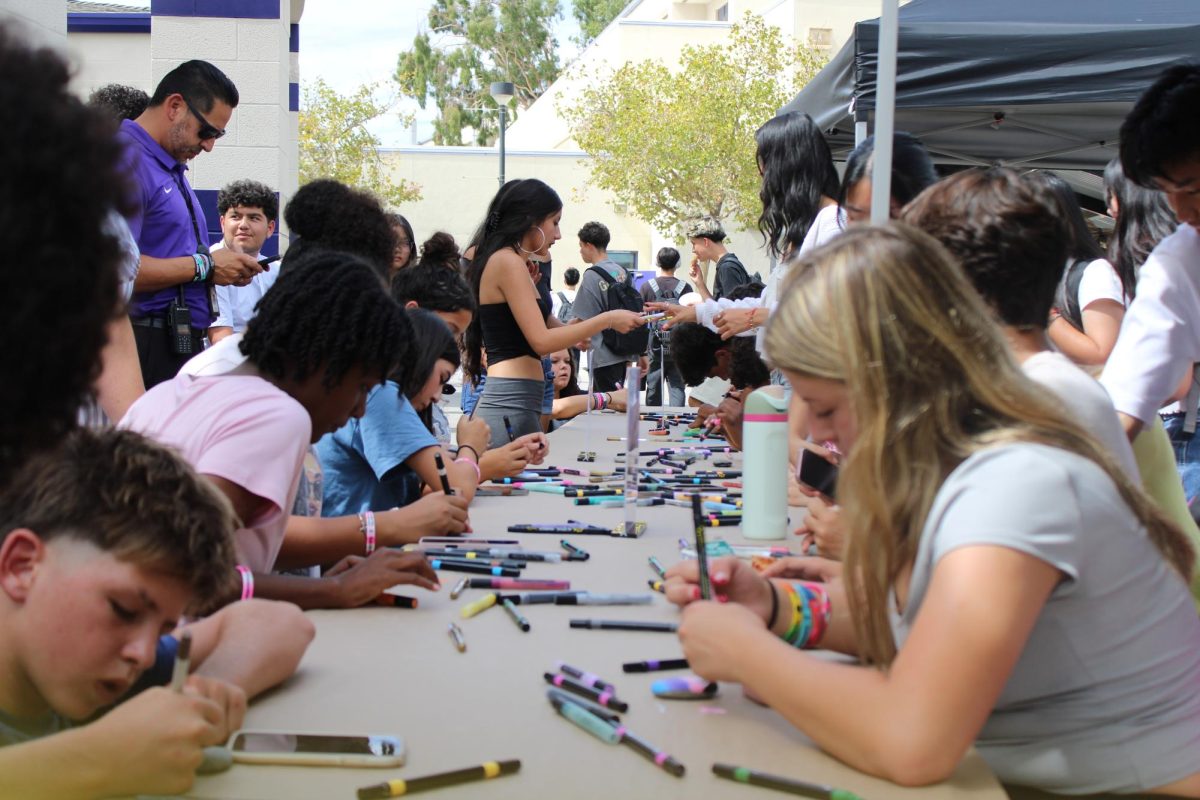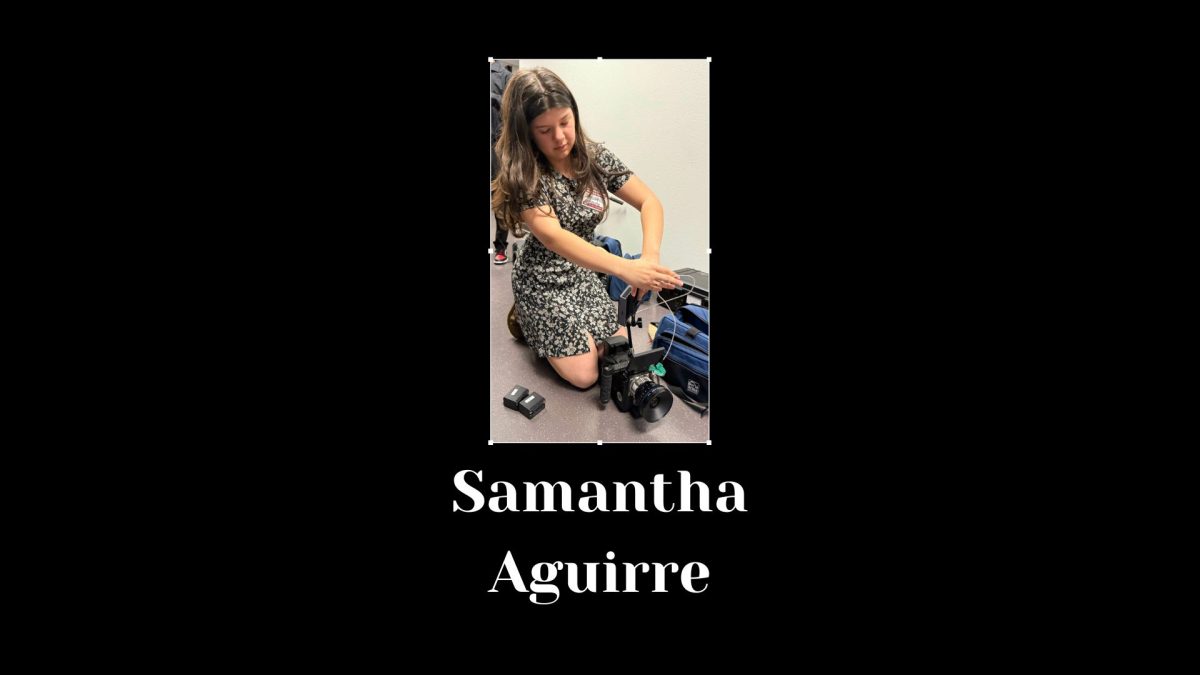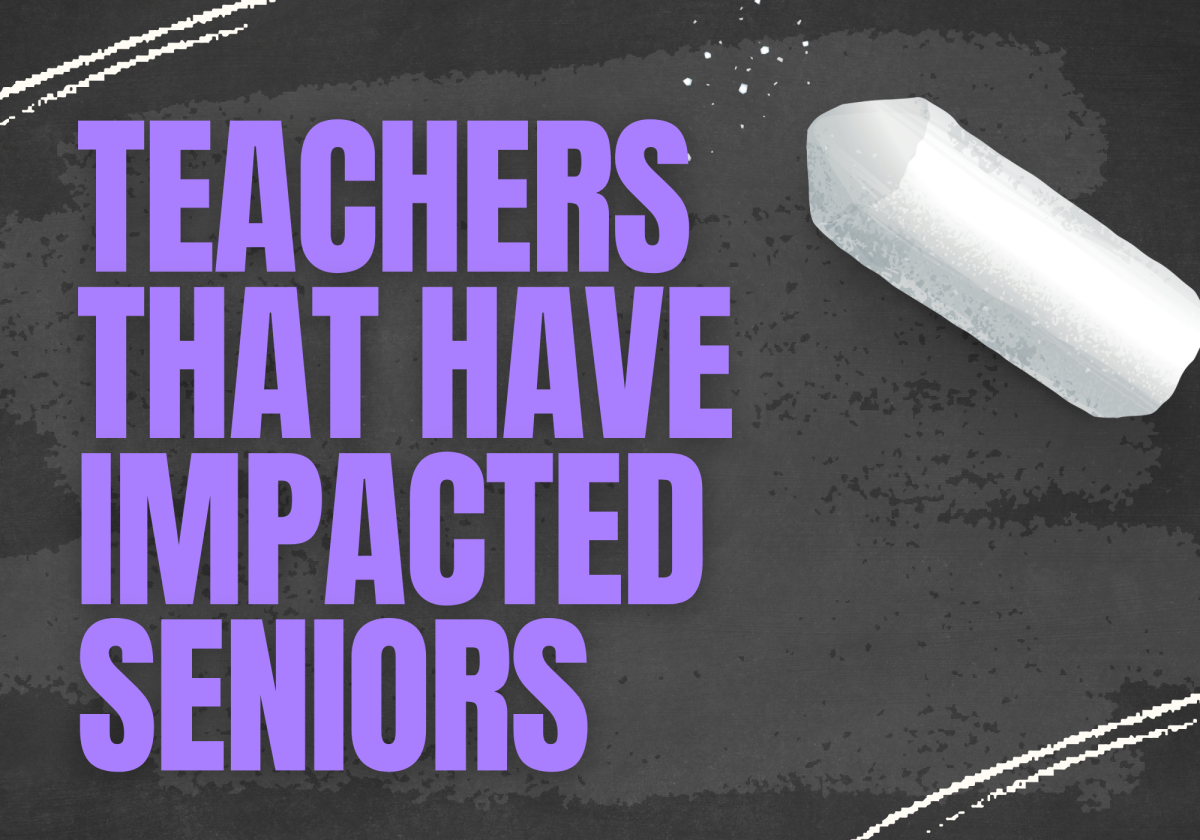Last week was Suicide Awereness and Prevention week at Rancho Cucamonga High School, with the school’s peer counseling program organizing events throughout the week to commemorate the wider Suicide Awareness and Prevention Month. An organization that’s been in place for over a decade, the RCHS Peer Counseling program has experienced exponential growth over the past five years under the guidance of its advisor, Ms. Kelsi Trautwein.
“When we started, I was in room R101, and I had two peer counselors. My first year we were working in the hallways right outside of the activities office, so if we had clients, we would take our chairs out and the clients would meet with a peer counselor out in the hallway. We didn’t even have a room,” said Trautwein.
And that reality was detrimental to their mission, with several students expressing that they would not be comfortable with getting counseling in a place as public as an open hallway. Thankfully, that predicament did not last long, with the program obtaining a dedicated room the following year.
“The following year, we were given a space that was shared with me. It was just a free open room.. Then, when the V building was built, we took off,” Trautwein continued.
With the construction of a new V building, the Peer Counseling program obtained space specifically for them, adjoined to Mrs. Traut’s other room, where she teaches Spanish and social emotional learning, along with the peer counseling training class. Within that class, students spend an academic year learning how to regulate their own emotions as well as the emotions of others, and how to counsel and provide a safe space for their peers.
“I’m learning how to grow connections with people and just how to get resources for mental health, and it really forces me to grow as a person,” freshman Chloe Nelson, a peer counseling trainee, said.
After that year of training, the prospective peer counselors go through an intensive interview process conducted by a diverse board, from the Peer Counseling Director, to the school vice principal of discipline, for selection to about 15 field worker spots, making the process very competitive. Once a student is officially accepted into the program as a peer counselor, they then provide counseling services to their fellow students on a wide range of topics.
“A lot of the issues that students here on campus deal with are relationship issues, not seeing eye to eye with parents, and academic stress,” Arianna Sontoyo, an intervention specialist at RCHS, said.
With their program expanding to its current scale, Peer Counseling hosted on a week-long series of events for Suicide Awareness and Prevention Month, with activities focused on spreading awareness of mental health and advocating for the use of mental health services on campus. The week is commonly reffered to as SAP Week on campus.

According to Trautwein, there were two main objectives for SAP Week: connecting students to mental health resources and providing activities where students connected and engaged with one another.
“There are many different activities to appeal to the needs of a wide variety of students,” Trautwein said.
And SAP Week was a resounding success, with dozens of students participating in events throughout the week. Students painted rocks, made essential oils, and received free coffee from a coffee bar.
With mental health awareness being destigmatized, there are a multitude of services–both on campus and beyond–that cater to students who may be struggling with their mental health. The Peer Counseling Center is located in room V104 and is available from first through fifth period.
If you or someone you know is experiencing a metal health crisis, call or text the Suicide & Crisis Hotline at 988, and/or speak to one of our many mental health specialists in the wellness center.








